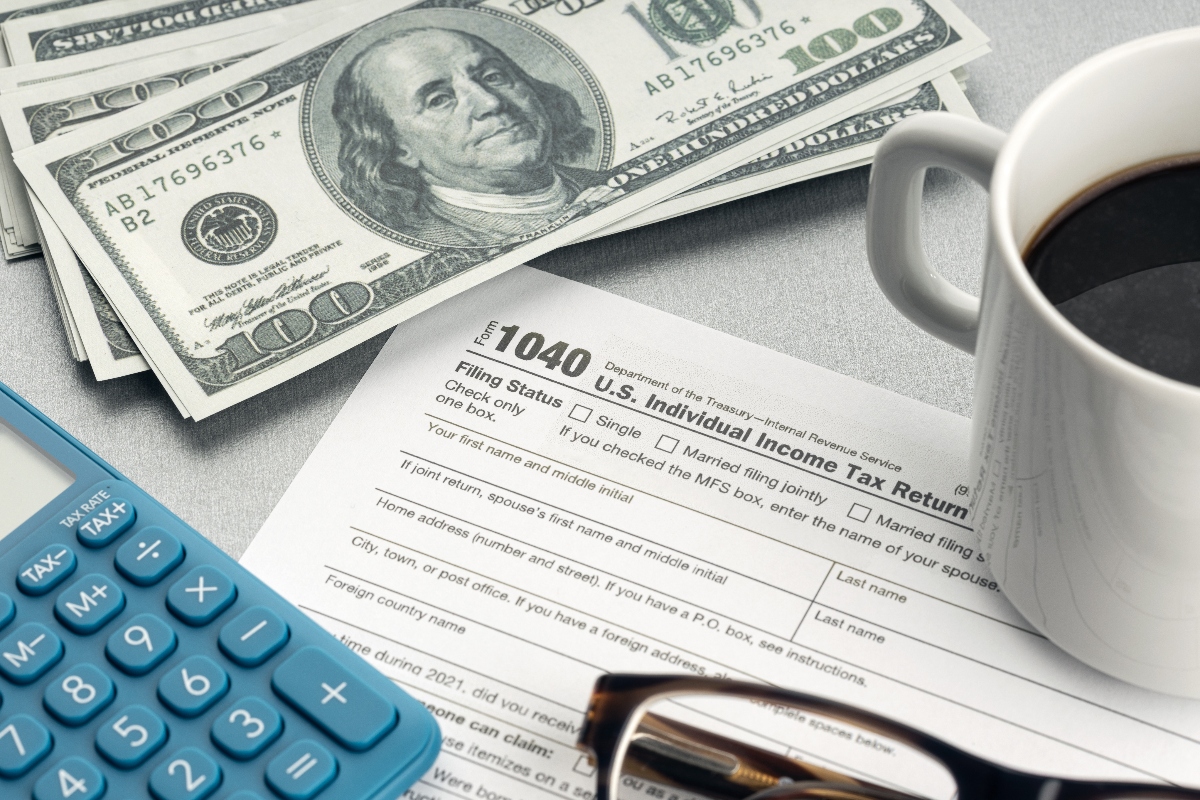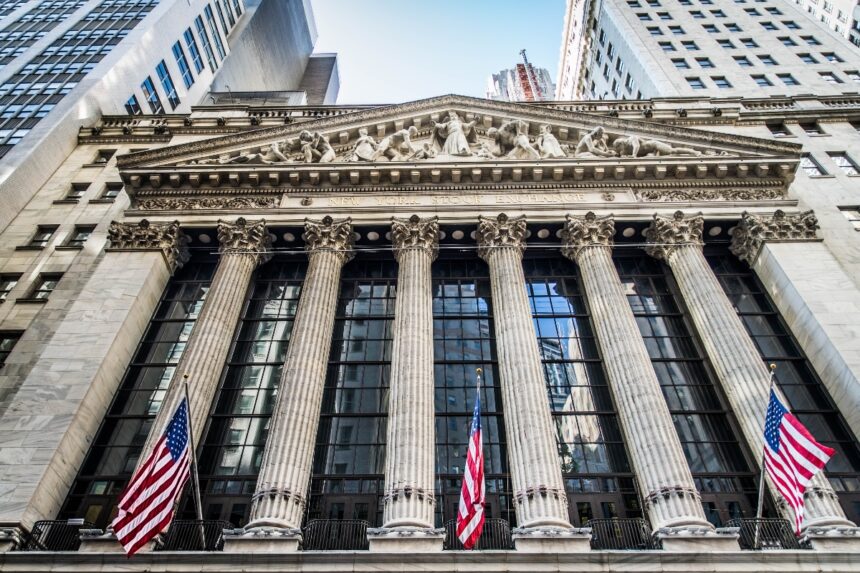The Wall Street stock market closed Thursday with sharp declines that have shaken investor confidence, following the announcement of a new round of trade tariffs imposed by Donald Trump, who is once again leading the Republican presidential campaign. Losses were widespread, especially in technology, energy and retail.
The Nasdaq index retreated 5.97 %, the S&P 500 fell 4.84 % and the Dow Jones lost 3.98 %, according to preliminary closing data. These figures represent one of the largest declines so far this year, driven by fears of a possible economic recession stemming from an escalation in the global trade war.
More aggressive tariffs

Trump dubbed the day “Liberation Day,” and announced tariffs of at least 10% on 184 countries and territories, including key partners such as the European Union, China, Japan and Switzerland.
In some cases, the rates were even higher:
34 % for China
24 % for Japan
31 % for Switzerland
20 % for the European Union
18 % for Nicaragua
Experts such as Tom Cahill, of Ventura Wealth Management, explained that these tariffs “were more severe than the market anticipated”.
Also, that it is still difficult to calculate its full impact on the economy and corporate profits.
The hardest hit

Large technology companies were the hardest hit.
The losses were widespread
QueOnnda.com
Apple and Amazon lost more than 8.9%, while Nike and Macy’s, which rely on Asian imports, also suffered significant declines.
“The market is not overreacting,” Cahill said. “There are too many unanswered questions and that creates uncertainty.”
Fear of recession

Adam Sarhan, analyst at 50 Park Investments, warned that these tariffs could have a double negative effect:
Reduction of corporate profits and increase in inflation.
Furthermore, he believes that a recession in the US is now a real possibility, given the bearish market trend, as occurred in the Wall Street stock market.
“The market is a reflection of the future,” he said. “And in many cases, recessions follow a bear market.”
If you have investments or retirement accounts, consult your financial advisor.
In times of high volatility, diversifying and staying informed is key.
It is also important to understand how these changes may affect your employment or commodity prices.
For more information, visit QueOnnda.com.






















